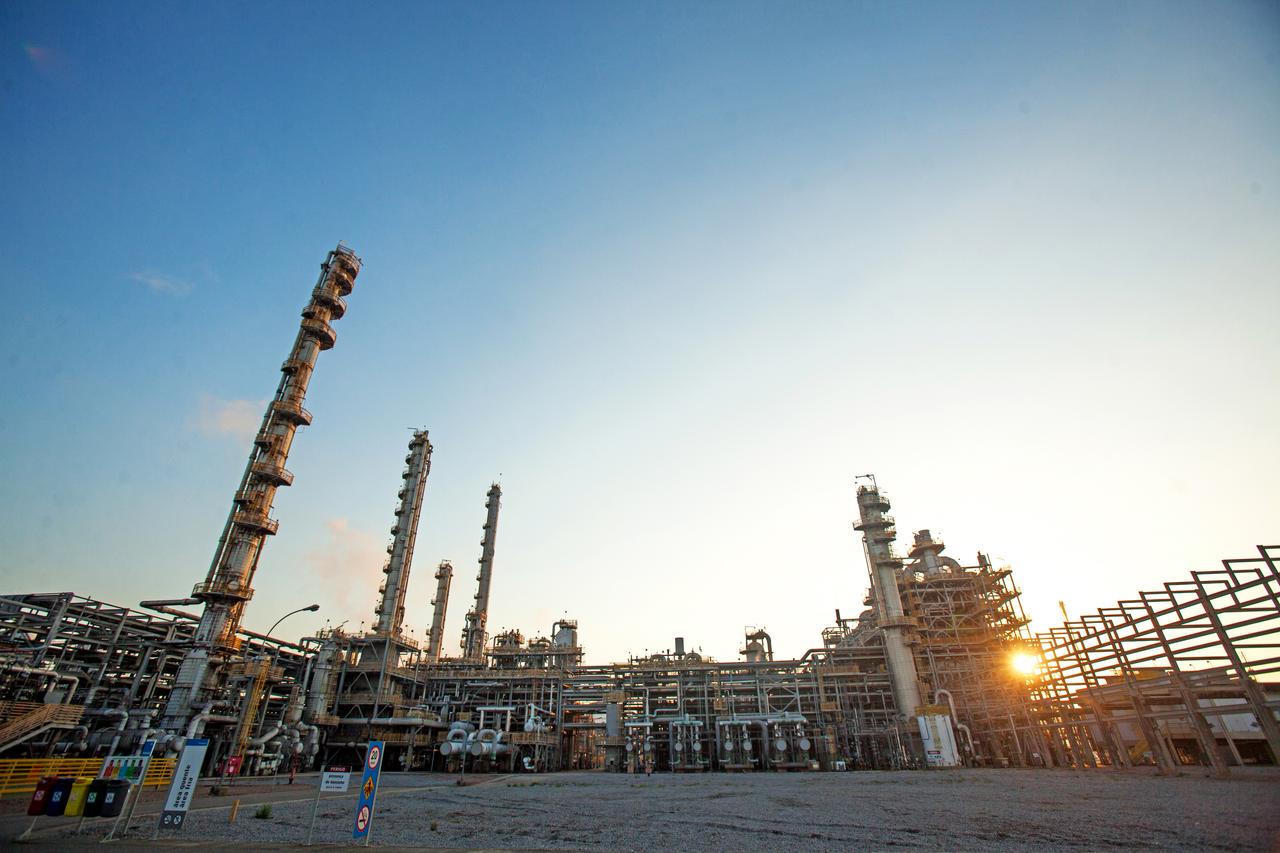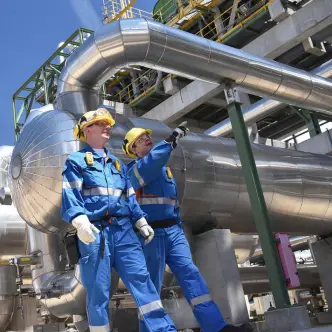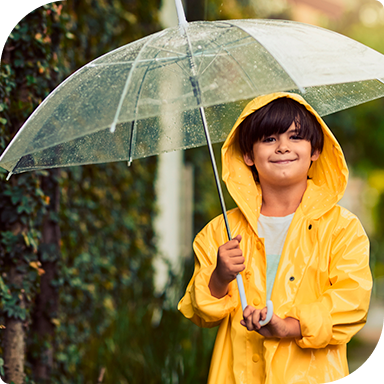Article: Plastics can help reduce carbon dioxide emissions

Yuki Kabe*
Just think about it: do you know the real environmental impact of all the products you consume in an average day? It seems simple, but the question drives many researchers around the world who conduct studies to study and evaluate the consequences of these products for the environment.
This kind of evaluation, which is called a Life Cycle Assessment (LCA), covers the entire value chain, from the extraction of raw materials to the product's final destination, including the product's production, distribution and consumption. The biggest contribution made by this type of analysis is to identify precisely where the most significant impacts occur throughout the production chain, which allows companies to seek alternatives and to reduce the impacts of their activities.
It was based on this methodology that the Advanced Production Management Systems Laboratory of the Federal University of Rio de Janeiro conducted, at Braskem's request, a study that confirmed the benefits of plastics for a low-carbon economy in various industries. Reviewed by KPMG, the study, which was begun in 2013, analyzed the emissions of CO2 equivalents (CO2-eq) avoided and avoidable by using plastics instead of other traditional materials.
The study's timing was perfect: after the Paris Agreement, in 2015, when UN member countries undertook to reduce their emissions to control climate change, the topic found its way onto the agendas of all manufacturing sectors. The main differential, however, was how the study was conducted: not only did it compare emissions related to the manufacturing of plastics, but it also observed emissions in other phases, such as product use, transportation and final destination.
The study's findings enable us to see that plastics, when used in key industrial sectors, can help reduce greenhouse gas emissions. For example, the use of plastics in Brazil's vehicle fleet in the last decade has avoided emissions of 126.5 million tons of CO2-eq. The figure is similar to the greenhouse gas emissions of the Czech Republic in 2013, when the country had a population of around 10 million. This is because the substitution of metal and wood components with lower-density plastic resins made cars lighter, safer (since the material increases the strength of cars) and less pollutant, while providing savings in material consumptions on the production line. An average car weighing 1,000 kilograms, for example, has 11% of its weight composed of plastics. Without parts made from polymers, the car would weigh up to 16.5% more.
Another good example cited by the study was in the construction industry, where plastics have led to introduction of more efficient polyvinyl chloride (PVC) piping used in the distribution of drinking water in homes. The substitution was promoted under the federal housing program known as My Home, My Life, which delivered 2.98 million houses from 2009 to 2016 and used PVC piping for the hydraulic systems of low-income houses, which avoided annual emissions of 30 kt of CO2-eq, which is equivalent to one standard passenger car traveling 2,908 times around the Earth. Resistant to corrosion, flexible and easy to maintain, PVC also has proven to be more sustainable compared to materials traditionally used for this type of application.
In addition to revealing the contribution of plastics, the study importantly demonstrates the real environmental impact of various products that are essential to our daily lives and are usually "hidden" in the production chain. It also is a way to call attention to the importance of better understanding the production process of goods so that both companies and consumers can make smart choices and consume their products in a way that is more conscientious and environmentally friendly.
*Yuki Kabe is Braskem's Expert on Life Cycle Assessments.
For more information related to press, please contact:
Fato Relevante
imprensa.braskem@agenciafr.com.br

Se você é um profissional da imprensa, a Braskem tem um canal feito só pra você.
Acesse aquiPress Releases
More news
Partnership between Braskem and ComBio drives competitiveness and decarbonization with electrification project in Paulínia

Braskem posts recurring EBITDA of R$818 million in 3Q25, up 91% compared to 2Q25

Braskem Collects Over 6 Tons of Waste During Global WeCare 2025 Actions

Braskem's Vesta Project Selected for the SB COP Awards and Will Be Presented at COP30

Braskem Approves Investment to Expand Ethylene and Polyethylene Production at Rio de Janeiro Facility

Braskem at COP30: Industry as Part of the Solution
Customers
Become a Braskem customer
Braskem is one of the largest suppliers of chemical and petrochemical products in the world, recognized for its focus on sustainable development, innovation and quality.
We believe in lasting partnerships, we have a broad portfolio of products and we work together with our customers to create new practical and sustainable solutions in all markets.
Talk to our sales team


 Braskem Global
Braskem Global
 Braskem Idesa
Braskem Idesa
 Braskem USA
Braskem USA
 Braskem Europe
Braskem Europe





